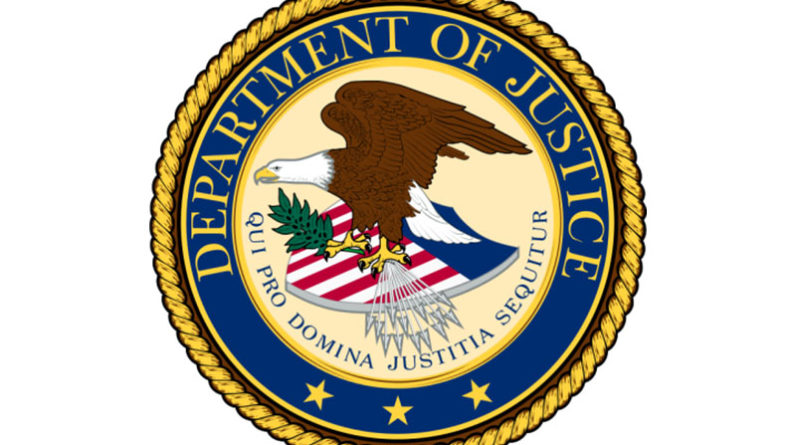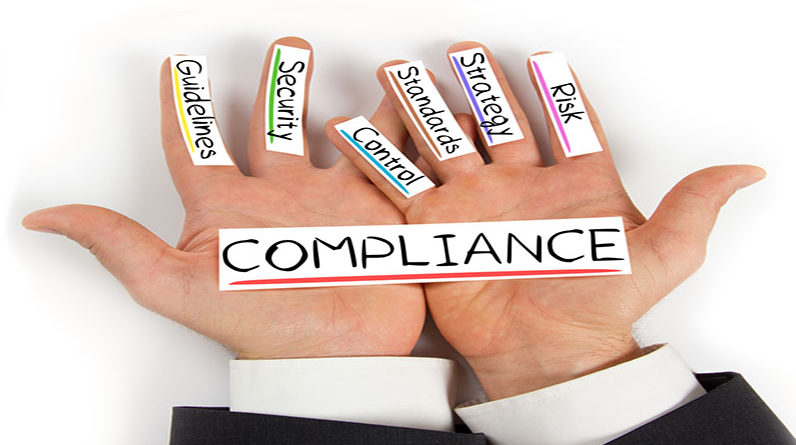Richard Schirripa, 67, of Fort Salonga, New York, pled guilty to making materially false statements to officers of the Drug Enforcement Administration (“DEA”). On two occasions in 2020, Schirripa falsely represented that, as part of the recent closure of his pharmacy in Manhattan, he had sold, transferred, or destroyed all controlled substances. In fact, he remained in possession of thousands of controlled substance pills/patches in his home, including fentanyl and oxycodone, which had been prescribed to others.
According to the allegations in the Information, court filings, and statements made in court: In or around January 2020, Madison Avenue Pharmacy (“MAP”) — which Schirripa had owned for many years — closed. Under federal regulations, before a pharmacy discontinues business activities, it must notify the DEA at least 14 days in advance. Schirripa did not comply with this requirement. The DEA learned that MAP had closed when DEA officers attempted to conduct a routine audit of MAP and saw a piece of paper on the storefront that announced MAP’s closure and noted that MAP’s controlled substances had been transferred to a specified local pharmacy. The DEA officers then went, in person, to that specified local pharmacy. Shortly thereafter, Schirripa wrote the DEA (in January 2020) and met with the DEA (in February 2020). On both occasions, Schirripa made material false statements to the DEA. On both occasions, Schirripa falsely represented that as part of the recent closure of MAP, he had transferred to others, sold, or destroyed all controlled substances.
In fact, Schirripa remained in possession of thousands of controlled substance pills/patches, including fentanyl, oxycodone, and oxymorphone. These substances were all recovered from a safe in Schirripa’s home on Long Island. When agents executed a search warrant at Schirripa’s home in April 2020, Schirripa acknowledged that these controlled substances were from his pharmacy and that he needed to destroy them. There were nearly 4,000 pills/patches in total, many of which contained labels indicating that they had been prescribed to others.







